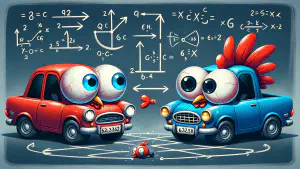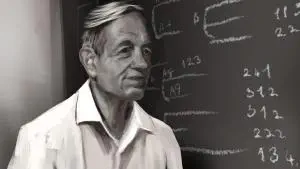Overview
The prisoner’s dilemma is a classic illustration from game theory, a field of study that examines strategic interactions among rational decision-makers. This dilemma provides insight into the complexities of decision-making when individual interests conflict with collective benefits.
The Scenario
Imagine two suspects, A and B, arrested for a suspected crime. They’re separately given the option to confess (betray the other) or remain silent (cooperate with the other). The consequences of their choices are dependent not just on their individual decisions but also on the decision of the other suspect.
The Outcomes
If both A and B remain silent, they serve a short sentence, let’s say one year. If both confess, implicating each other, they receive a longer sentence, say two years. However, if A confesses while B remains silent, A is released without any sentence, and B receives the longest sentence of three years (and vice versa).
The Dilemma
Rationally, neither wants to serve a long sentence. If both act in their own self-interest and betray each other, they end up with a two-year sentence each. But, if they both acted in their collective interest and remained silent, they would only serve one year. The dilemma lies in the tension between individual rationality (confessing) and collective rationality (remaining silent).
Significance in Game Theory
The prisoner’s dilemma is significant in game theory because it highlights the challenges of achieving optimal outcomes in situations where participants must choose between individual and collective interests. It’s a foundational example used to discuss cooperation, trust, and the potential pitfalls of individualistic decision-making in broader contexts.







